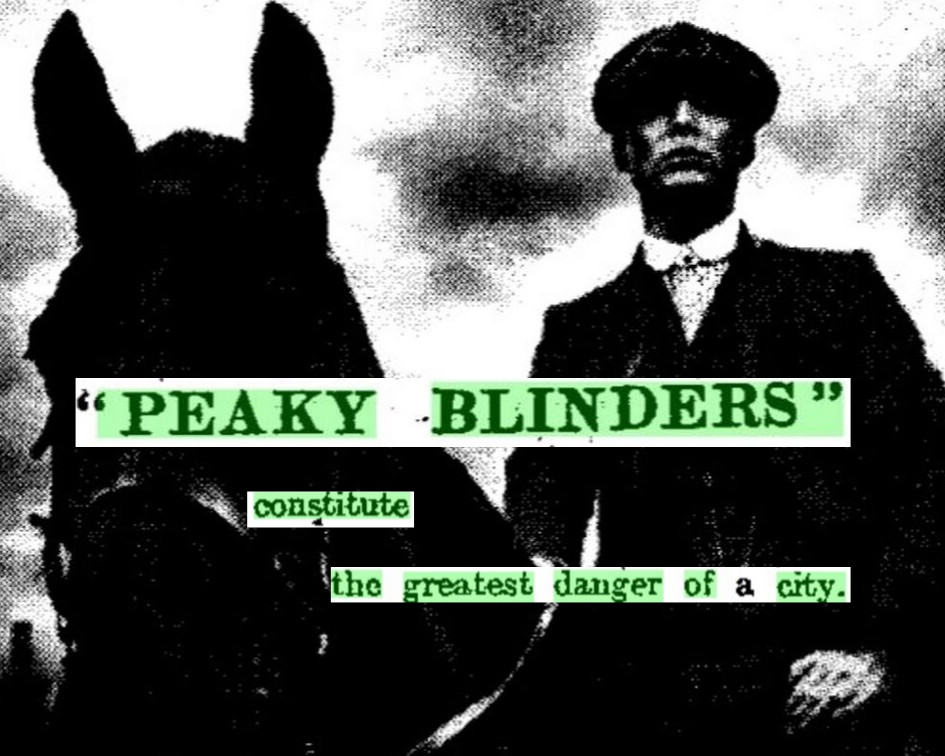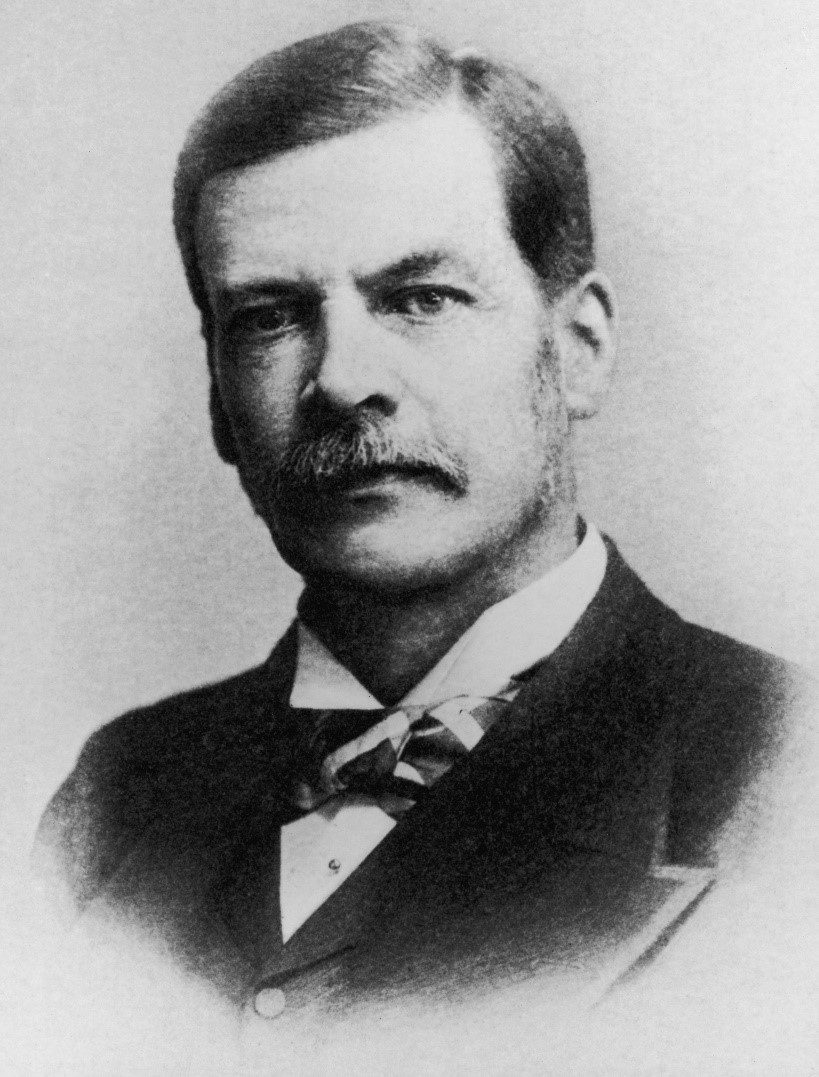│By Chris Houghton, Head of Academic Partnerships│
The Gale Fellowship program is now in its third year of providing financial support, training, archival access and professional opportunities for scholars around the world. In 2022, Gale developed its Fellowship program to provide opportunities for scholars in Asia and Australasia to apply for full funding for a three-month residential stay at Oxford University, in partnership with the Bodleian Library.
Successful applicants to the Gale Scholar Asia Pacific, Digital Humanities Oxford Fellowship are guests at Jesus College and given full access to the vast resources of the Bodleian. Alongside this, the Fellows are provided with extensive training and support from Gale in Gale Primary Sources and Gale Digital Scholar Lab to aid their professional development in digital humanities research methods.








